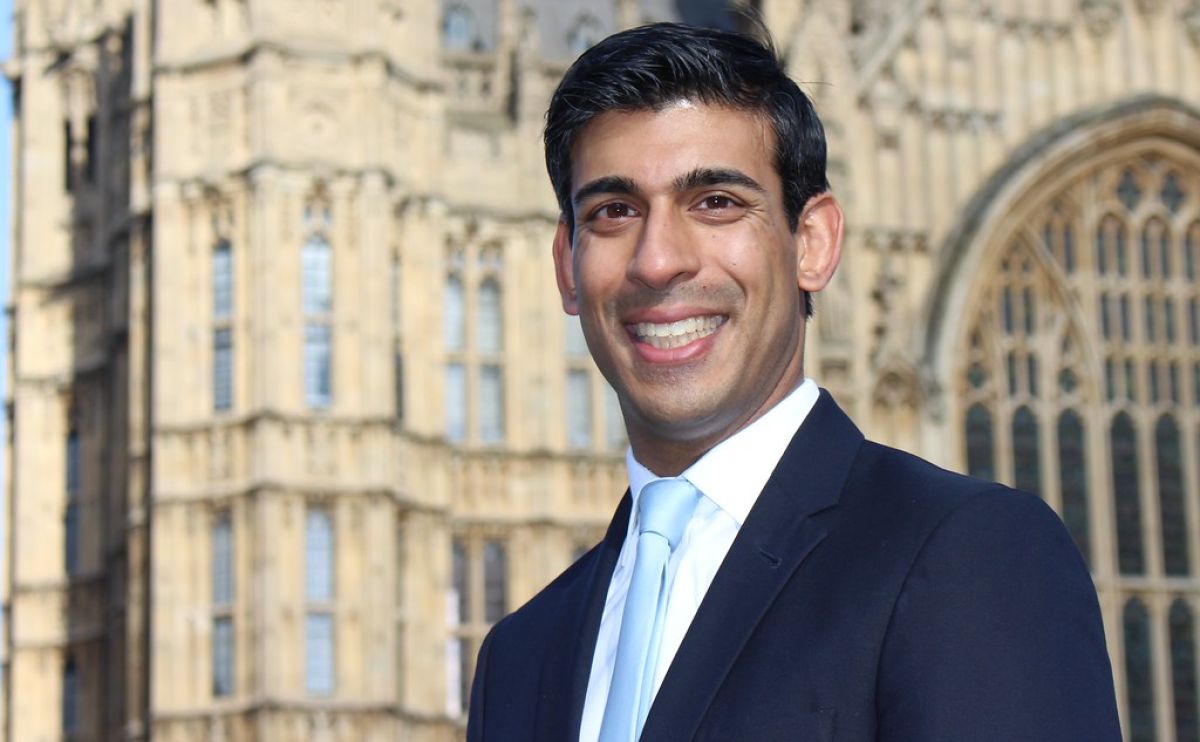How ‘the North’ became a baseless political football

On Wednesday, the MP for Richmond and North Yorkshire and now Chancellor of the Exchequer, Rishi Sunak, stood at the dispatch box enthusiastically reeling off new spending in the latest budget. Delivering the speech, Sunak seemed well-oiled, computerised, and no-nonsense. A perfect lap dog for enforcer-in-chief Dominic Cummings.
Pledges included half a trillion pounds of nationwide investment to help reverse over a decade of austerity, including six billion to re-energise the NHS at a time of global coronavirus panic, investment in capital spending of six hundred billion over the next five years to revive broken communities, and even an increase in business rate discounts for pubs!
The sound of Tory Tanks rolling into Labour territory in the North and Midlands’ proverbial “red wall” is almost deafening.
And yet, it’s hard to see past this piece of baseless politicking. The government seems to be patting themselves on the back for finally offering a glass of water to those communities starving in the North of England and beyond. It would be impossible to boil down and try to explain the inadequacy of the new government, and their almost mocking hubris after a decade of austerity. Therefore, I’ll focus on a few test cases in the North East of England, where I’m from.
In last December’s general election, the Conservatives made electoral headway in historically unchartered territories. From the jaws of Labour they snatched seats such as the former mining metropolis Blyth Valley, Tony Blair’s former seat in Sedgefield, as well as Redcar, Darlington, Stockton South, and Bishop Auckland. The debate over the how and why is a lesson the Labour party will have to wrestle with and quickly, with the new leader facing an enormous uphill task of reinstating its Northern base.
What I’m concerned with is the real changes these communities will experience from this government. What is Johnson’s quid pro quo for those voters that even he admitted will be lending the party their votes on a one-time occasion?
To start, let us not underestimate the deprivation caused by the previous three governments, and how this austerity has disproportionately affected the North and the North East. A study early last year by the Institute for Public Policy Research estimated that more than 130,000 deaths could have been prevented in the United Kingdom, were it not for the Draconian butchering of the welfare state by previous Conservative governments.
The impact of austerity has been particularly concentrated in post-industrial communities in the North East, which have been essentially left to rot.
The 2019 Indices of Deprivation has shown that the Middlesbrough area has the highest number of deprived households, and in terms of the top ten percent of income deprivation areas in the North East like Hartlepool, Redcar and Stockton seem to reappear over and over. Households in these areas in the North East are also disproportionately affected in terms of employment deprivation, health and disability deprivation, and income deprivation affecting children.
Superficially, the new budget screams unprecedented fiscal stimulus, an ideological reverse away from austerity, and a closing of the regional divide with Sunak waxing lyrical about a Treasury led “new economic campus” in the North. However, for all its promises, looked at as a whole, it offers nothing like the changes needed to re-energise the North and the North East.
While the budget is somewhat remarkable for its changes in infrastructure spending, on taxation and welfare it is remarkably, but unsurprisingly, regressive. The government’s own data shows that those benefiting most from this budget’s changes in taxation come from the upper income deciles. For example, in a table from the government’s ‘Impact on households’ document, it can be seen that households in the upper quartile of income earners benefit significantly from new taxation in terms of increased cash per year, with the lowest paid groups actually losing money.
Additionally, the recent local government spending settlement has seen a spending cut for the North East in comparison to huge pledges made to the South East. From the government’s key information for local authorities for the local government finance settlement in 2020-21, it is clear that the North East is just another constituent for Westminster bigwigs to pander to in their game of political power.
The document reveals that regions in the South East such as Essex, Surrey, and Kent will be getting percentage increases of over one hundred percent with Kent getting as much as 138.4 percent. Whereas places like Hartlepool and Redcar and Cleveland will receive increases in the tens, with Stockton on Tees even getting as low as a 2.4 per cent increase.
Despite excessive bluster and spin, this government is actively perpetuating regional inequalities, the new spending pledges of the budget clearly disproportionately favour the South East, and reinstate regressive taxation. The age of austerity has left a legacy of inequality and deprivation that only a massive restructuring of investment and political power across the country can engender. This government is nowhere near the mark.







